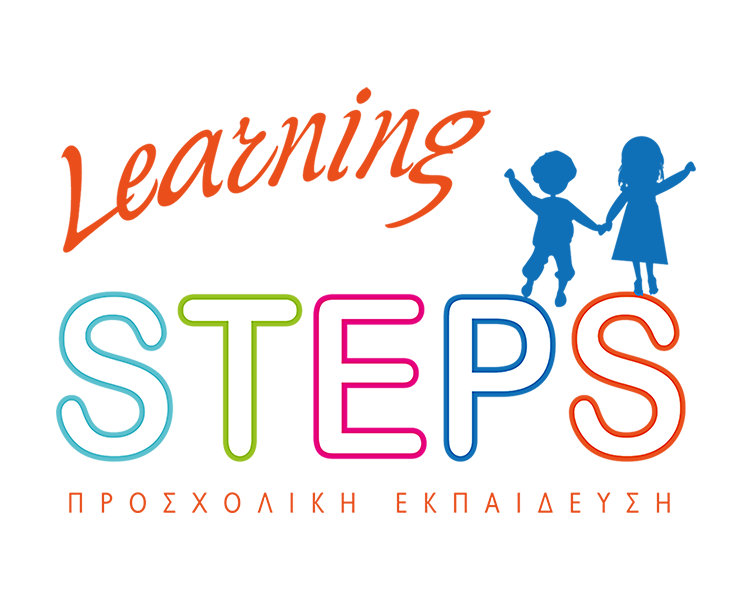THE MONTESSORI METHOD
The Montessori Method is not just an educational theory. It is the outcome of Maria Montessori’s scientific research and accumulated experience in observing and working with thousands of children all over the world.
As a system, it is quite different from the traditional educational system and does not simply aim at rote knowledge gained quickly (and usually forgotten quickly!). On the contrary, the aim of the Montessori Method is the well rounded development of the child’s personality. For children to be healthy and happy, we would like them to develop in all aspects: socially, cognitively, emotionally, physically and spiritually.
With the Montessori Method this is feasible, because we follow each child’s development individually. How is this possible? In the Children’s House the environment is especially shaped to fit the children’s needs. Not only the size but also the objects themselves are carefully chosen to fulfill the inner needs of preschool children. Each child is free to move around and choose the activity that interests him/her at the time. The directress (as the Montessori teacher is called) can then present this activity to the child, showing him/her how to use the material. The child can do the activity that interests him the most, at his own pace and according to his own abilities.
In the classroom some kids may do Mathematics, next to them someone may build towers on a mat on the floor, some may be around a teacher who reads a book etc. Some will think this sounds chaotic and yet it is nothing but chaotic, because they happen in a specially prepared, beautiful, safe and clean environment.
Most of the material found in the Montessori classroom is scientifically designed and entails the control of error– that is, in case the child makes a mistake there is no need for the directress to intervene. It is as if the material itself “talks” to the child, and he/she can correct him, or her, self. In other words, the development of self-teaching is emphasized.
That way, through non competitive activities which children choose on their own initiative we help them develop their skills and feel capable of achieving a lot on their own. Besides, according to contemporary research, the best predictor of children’s future success is the development of their self-esteem and confidence.
The role of the directress in this child-centered environment is both important and difficult. Contrary to the teacher-centered traditional system, the directress must observe and know each child individually, prepare the environment and the material, and generally be there actively without constantly interfering. At the same time the directress needs to make sure that children follow the rules that have been set, and help those children who have difficulty doing so, without resorting to punishments that shame and belittle children.
LEARN MORE ABOUT MARIA MONTESSORI
The Teacher's Role
| Traditional Teacher | Montessori Teacher (Guide) |
| Creates the child | Creates the environment |
| Supervises the child | Supervises the environment |
| Protects the environment | Protects the child |
| Lectures | Charms |
| Serves with pride | Serves with humility |
| Examines | Observes |
| Punishes | Supports |
Another important difference from the traditional system is that children of different ages share the same classroom. Children are not divided into age groups. Instead, the feeling of belonging to a big family, in which there are both older and younger children, is recreated, while roles constantly change in a natural way. Group activities and group play are part of children’s daily program as these help them develop their social skills and become familiar with rules and boundaries, however without feeling under pressure to participate against their will. In other words, respect in the Children’s House is not a meaningless word, but an everyday experience, helping children feel safe and at ease in their environment.
As a result of the Montessori Method, children become self-disciplined, able to concentrate, adjust easily, cooperate, and express themselves in honesty and with respect; children who are able to take initiatives, make decisions and eventually find joy in living and creating.
If you wish to raise children that are capable, independent, cheerful, with a desire to constantly evolve, don’t hesitate to explore the Montessori Method!






